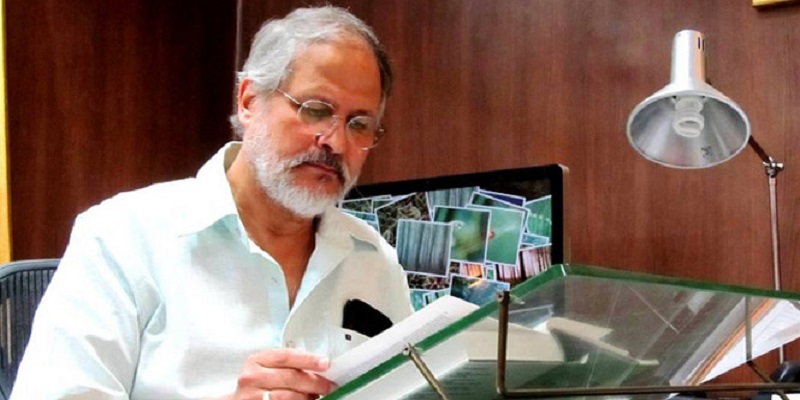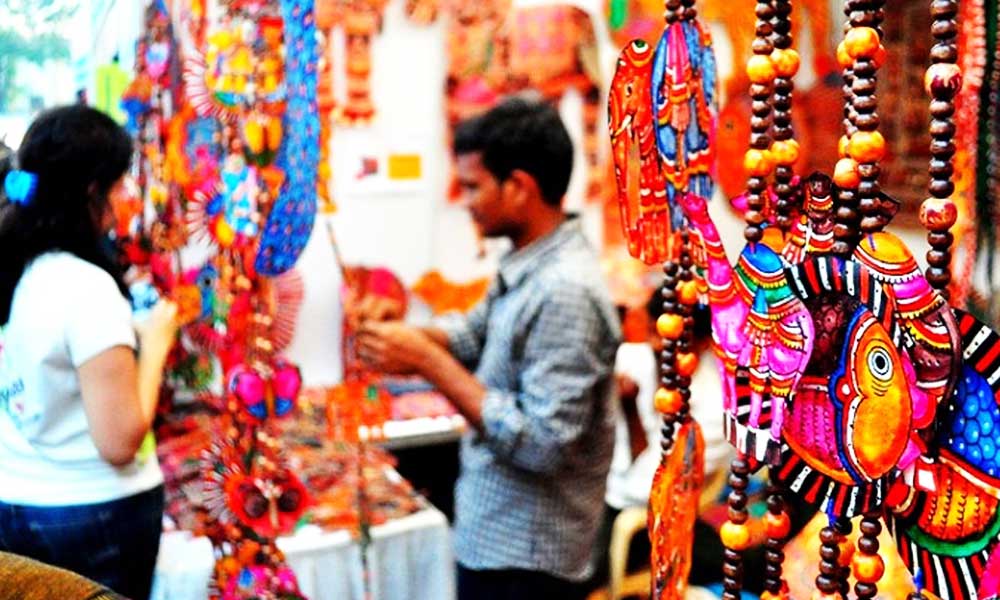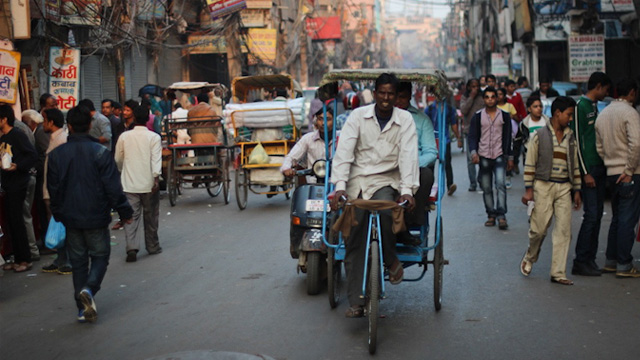While Congress is not taking the blows directly, it is shifting the matter at L-G’s door like it did earlier in the case of Somnath Bharti. And the AAP has already showed its reaction to L-G before chiding Congress over the matter.
Delhi chief minister Arvind Kejriwal wrote a blistering letter to the Lieutenant Governor of Delhi Najeeb Jung on Friday practically alleging him of being a party to Congress for stalling his Janlokpal Bill. He claimed that his letter was in response to “leaks to the media” of the Solicitor General’s opinion sought by the L-G on the constitutionality of introducing a bill in the Delhi Assembly without the Centre’s approval. The Solicitor General is believed to have informed the L-G that Janlokpal Bill would be unconstitutional.
While there is no doubt that the letter is a manifestation of Kejriwal’s anger as he was pinning his hope on the public passage of the Bill to gain some ground before the general elections due in May, it is also an attempt of the party to direct people’s attention to its old stance of “other parties are corrupt” situation.
Kejriwal’s letter questions his move of asking legal opinion on a Bill whose copy Cabinet was yet to send him over while reminding him of his “oath of loyalty to the Constitution”.
“I fail to understand on which bill you have sought the Solicitor General’s opinion… you could have consulted me and discussed the finer points of the bill with me. Instead, the Solicitor General’s opinions have appeared directly in the media,” writes Kejriwal in his letter to the L-G.
Kejriwal, who has been a media darling for long, needs to understand here that seeking opinion on a matter and what he calls “leaks to the media” are two different issues altogether. L-G has his right to seek legal opinion and reports in the media will come after Solicitor General gives sound bites. Where is L-G responsible in this?
And questioning L-G’s loyalty to the Constitution seems a bit childish coming from the person who uses his loyalty towards the Constitution conveniently.
It is to be noted that there is Transaction of Business of the Government of NCT of Delhi, 2002 in place which requires centre’s approval before introducing any Bill in the assembly. But Kejriwal has, in turn, called this order as unconstitutional. Also, there is Lokayukta alread in force in the state which makes introduction of Lokpal in the assembly, again, unconstitutional and illegal. But Kejriwal refuses to acknowledge it for the political gain he will yield after introduction of Janlokpal.
“Following the opinion of the legal experts, the Delhi Cabinet has passed a resolution on February 3 asking the Home Ministry to withdraw its executive order…the Delhi government refuses to accept it,” Kejriwal has told the L-G in his letter.
While it is obvious that the Congress party will not be letting AAP take advantage of the situation before lok sabha elections, it is also clear that the situation will turn in AAP’s favour either way. Illegal or not, any opposition to the Janlokpal Bill is bound to be used by AAP to its political advantage.
If Congress party topples the government, AAP will come back with a greater force and lok sabha elections will also be influenced by it. And if it does not, AAP will force its will and introduce the Bill directly in the assembly.
In between all this, both the parties are putting L-G in a spot. While Congress is not taking the blows directly, it is shifting the matter at L-G’s door like it did earlier in the case of Somnath Bharti. And the AAP has already showed its reaction to L-G before chiding Congress over the matter.





